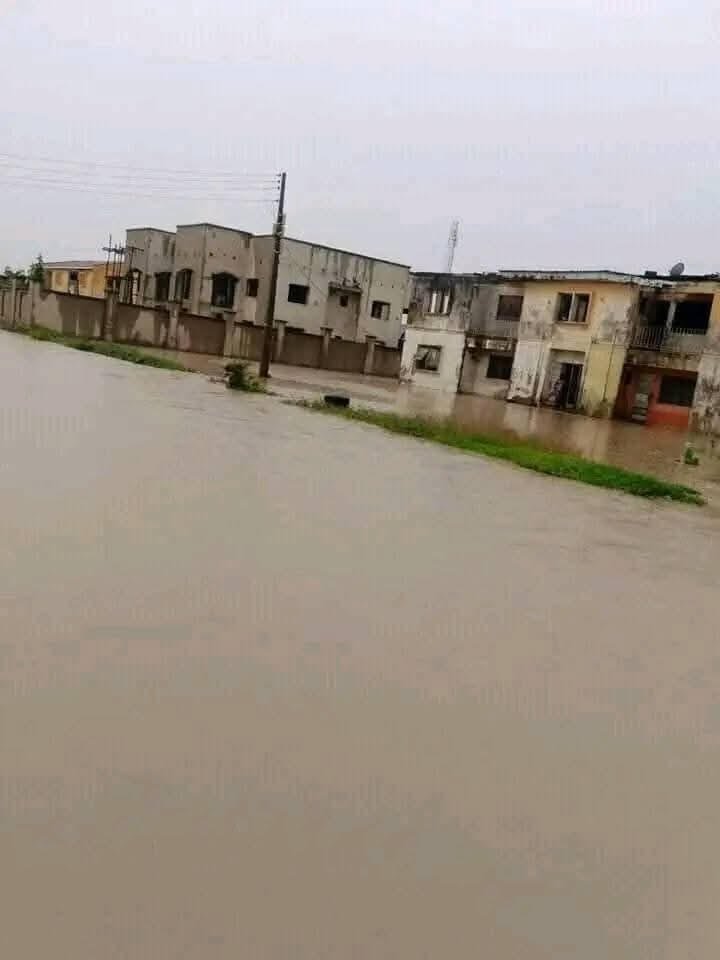Korede Abdullah in Lagos
The abrupt suspension of the Voice of America (VOA) Hausa radio service—one of the most trusted and widely followed news sources across northern Nigeria and the Sahel—has sparked widespread concern and confusion among its millions of listeners.
The cessation followed a sweeping executive order by U.S. President Donald Trump on March 15, which dismantled the U.S. Agency for Global Media (USAGM), the body responsible for overseeing VOA and other state-funded media outlets.
The order, citing the need to “restructure and streamline” government-funded media for “national interest,” led to the immediate administrative leave of over 1,300 journalists and staff.
This action effectively halted operations across several VOA language services, with VOA Hausa among the most affected.
For over four decades, VOA Hausa had been a morning staple in homes, markets, and motor parks across the region, broadcasting daily from 6 a.m. to 4 p.m. Now, radio dials fall silent, and digital feeds remain frozen, with the last online update dated March 15.
The news hit particularly hard in Nigeria’s northern states, where trust in local media is often tempered by political or ethnic bias.
VOA Hausa had filled that void with consistent, impartial coverage and interviews with high-level officials, civil society actors, and international experts.
The service was also a critical tool during health crises and conflict, helping to combat misinformation with verified information in the Hausa language.
Reactions from listeners have been mixed. Bala Abubakar, a longtime listener living in Ikotun Lagos, expressed deep disappointment while speaking Africa Health Report (AHR). “VOA was our most reliable window to the world,” he said, “but I’ve had to turn to other stations, even though they’re not the same.”
For many, the shutdown is more than a loss of programming—it’s a loss of credibility in the commitment to global free press. Journalists from VOA Hausa voiced their dismay, drawing parallels to the repression they faced during Nigeria’s military regimes.
“Back then, we were accused of being CIA operatives,” said one senior reporter. “Now we are silenced from within the very institution that stood for press freedom.”, he added with a tone of regret.
Media analysts warn that the ripple effects could extend beyond audience disappointment. The closure may also hinder the U.S.’s soft power and public diplomacy efforts in West Africa, where competition for influence with other global powers is intensifying.
With no official timeline for reinstatement and no clear communication from USAGM leadership, uncertainty looms over the future of VOA Hausa and its team. For now, the silence is deafening in a region that once relied on VOA’s trusted voice.



